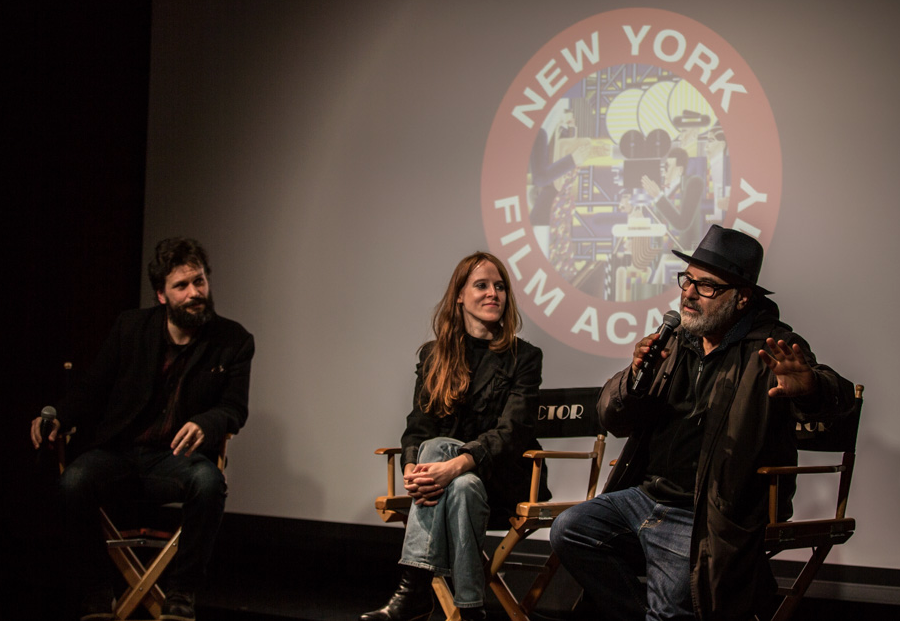“There’s no relationship between New York now and in the 70s,” said New York Film Academy’s recent guest speaker, filmmaker Amos Poe. This became apparent for incoming New York Film Academy students who were fascinated by Celine Danhier’s documentary “Blank City,” which captured New York’s indie filmmakers of the 70s, who were inspired by the burgeoning underground art and music scene.

The era included this cross-pollination of art, music and film. Filmmakers with hardly enough money to pay their Con-Ed bills would hit the streets to shoot guerrilla-style movies while unknowingly influencing the highly regarded No Wave movement. Danhier’s film examines the events that led to No Wave’s creation, in which the city itself, which was in decay at the time, plays a significant role. Danhier, who came to New York from Paris, interviews such filmmakers and artists as Jim Jarmusch, John Waters, Amos Poe, Thurston Moore, Debbie Harry and Lydia Lunch.
“I didn’t know how to make movies but I had a camera,” said Poe. “I thought: I’m never going to make a movie that anyone is going to see, so why not make a film movement.”
Danhier, who spoke to NYFA instructor Ben Maraniss and students after the screening, became interested in the lawless and desolate city streets of New York’s No Wave movement after seeing Poe’s “The Blank Generation” and Edo Bergoglio’s “Downtown 81.” In the spring of 2007, after meeting with producers, she began shooting her first movie, a documentary on the films associated with the No Wave movement and the city that set the backdrop.
“I was charmed by her and her interest in our work,” said Poe. “Celine was dealing with a lot of difficult people and she stuck with it — even though it took four years.”
Celine’s documentary screened at both the Tribeca Film Festival and the Berlin International Film Festival, where she eventually found a distributor.
Poe and Danhier are now working on their own project, which deals with their admiration for French New Wave cinema.
